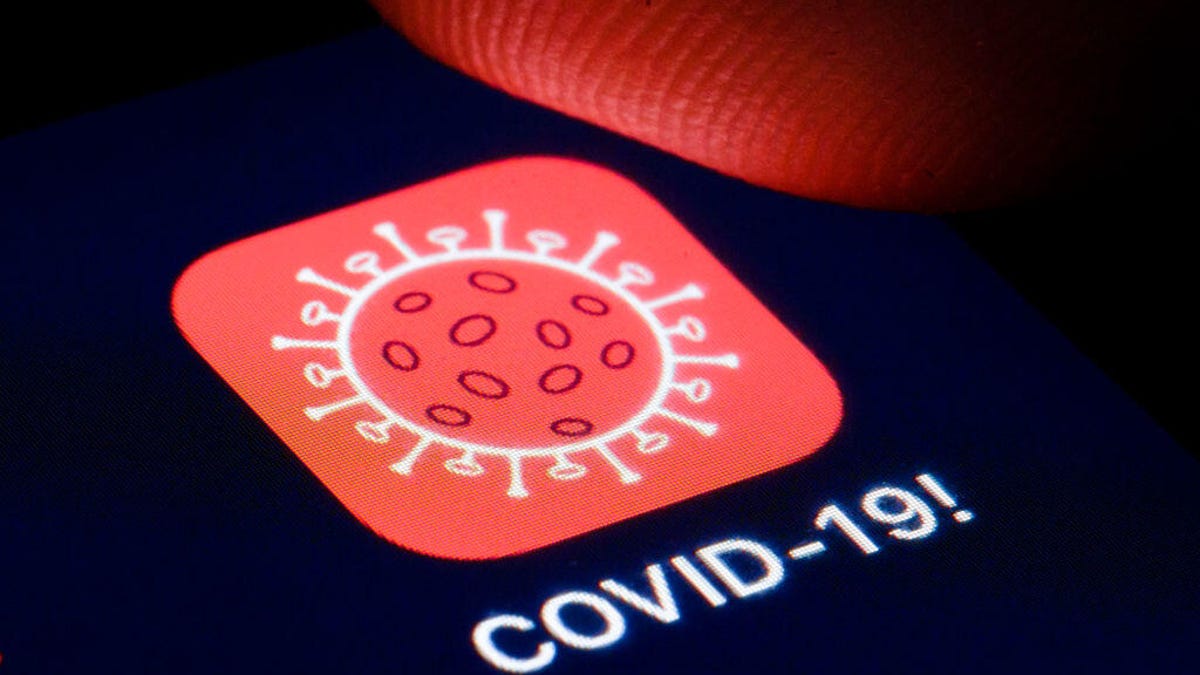UK embraces Apple and Google as it rethinks coronavirus contact-tracing app
After months of planning to track the coronavirus outbreak without the help of Silicon Valley, the UK is doing a U-turn.

The UK has decided to take a different route with its contact-tracing app.
The UK government dropped its plans to deploy a solely homegrown contact-tracing app to track the spread of the coronavirus in the country. Instead, it will opt to use a system developed by Apple and Google , which is considered to be more privacy-conscious.
The government is set to combine some of the technology from its own app with Apple and Google's framework, it said Thursday. The government's own app won't work well on iPhones due to restrictions put in place by Apple, but Apple and Google's solution doesn't measure distance as well, said Health Secretary Matt Hancock in a press conference.
"Our app won't work because Apple won't change their system," he said. He added that the government will share its algorithms and the work it has done on distance measuring with Apple and Google as they work together.
"As we enter this next phase of research and development we remain determined to continue in our ambition to develop an app which meets the technical, security and user needs of the public and which can complement the NHS Test and Trace service," said Hancock in a statement.
Contact-tracing apps are being developed by countries across the world to inform people when they might have come into contact with someone who has coronavirus. They rely on a phone's wireless communication tech -- usually Bluetooth -- to keep a record of who someone has been in close proximity with, using unique identification numbers for privacy. If that person later develops suspected or confirmed symptoms, they can then choose to alert all the contacts their phone has stored.
The efficacy of Bluetooth-enabled apps as a contact-tracing method hasn't yet been proven, and there's a dearth of evidence to suggest they will be.
The UK began development of its contact-tracing app in early March, just as the outbreak was beginning to take hold in the country. At the time, the plan was for the app to play a role as soon as lockdown restrictions began to be lifted across the country. The government opted for a centralized model, which would mean data collected via the app would be uploaded to a central database so that it could also be used by scientists, researchers and public health officials.
In mid-April, Apple and Google teamed up to release a tool that would allow different countries to build fully decentralized apps that would work across iOS and Android and wouldn't pose the same risk to users' privacy by avoiding having to upload health data to a central database. Countries including Germany, which has now released its contact-tracing app, ditched plans to use their own proprietary solutions in favor of Apple and Google.
The UK, on the other hand, said that using Apple and Google's technology would "slow down" its efforts to deploy its contact-tracing app and insisted it wouldn't be as effective in tackling the virus. It began testing its own app on the Isle of Wight in early May with the hope of releasing it to the rest of the country a few weeks later. On Wednesday, it said that the app wouldn't be ready before winter and that it was no longer a priority.
The decision to continue so far down the line with its own app before ditching it after all will likely add to criticism of the UK government's response to the coronavirus outbreak. The country has suffered one of the highest death rates in the world from COVID-19.
But the decision to adopt Apple and Google's model is being praised by privacy advocates. Digital privacy expert Ray Walsh from digital rights organization Pro Privacy called it a "huge win for digital privacy."
"A decentralized app will allow consumers across the UK to download the app without fears that their data could be exploited for secondary purposes," he said. "It is a shame that it took so long for the NHS and the government to come to the same realization privacy experts had months ago -- that in order for an app to be effective it is going to need to be accepted by the general public."
Google didn't respond to a request for comment. A spokesperson for Apple declined to comment on the development.

